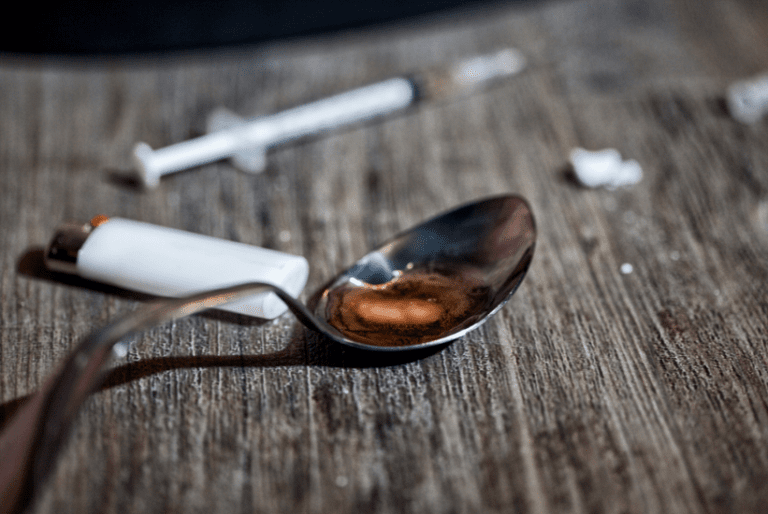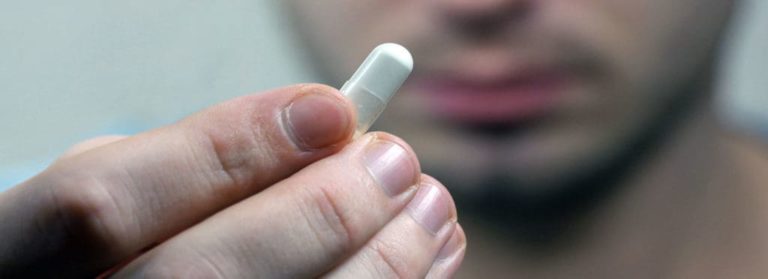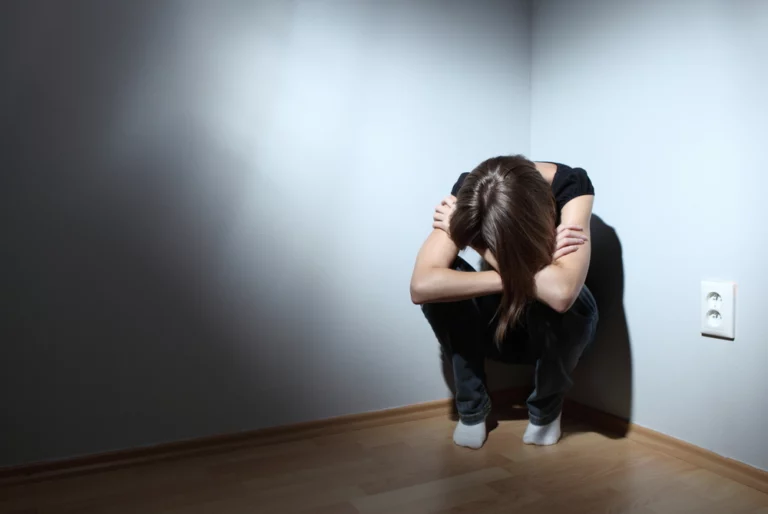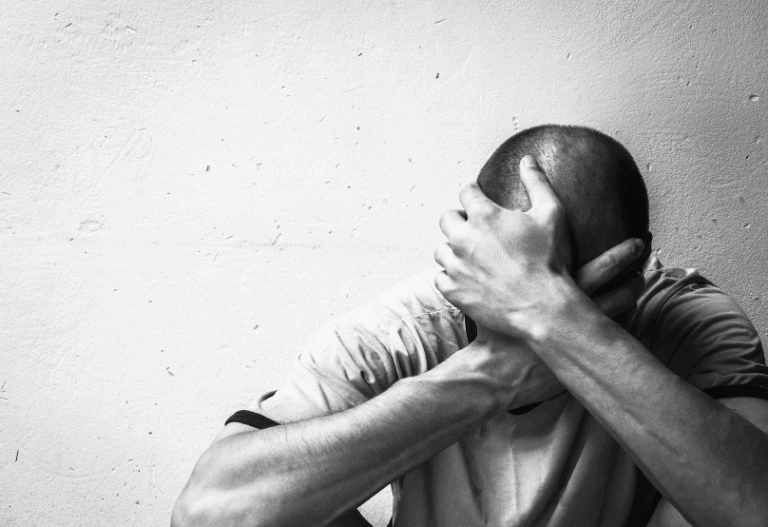The U.S. Supreme Court Hears Arguments Regarding “Pill Mills”
Supreme Court Questions Previous Convictions
Back in March, the U.S. Supreme Court heard arguments in a medical case that revolves around whether doctors can be convicted of operating as drug dealers under the cover of their medical practices to illegally distribute opioid painkillers and other dangerous narcotics, according to prosecutors.
The Supreme Court Justices were hearing the appeal by two doctors: Xiulu Ruan who practiced in Alabama, and Shakeel Kahn who practiced in Arizona before settling his practice down with Wyoming. Lawyers for both complained that jurors had not needed to weigh up whether they believed there was a “good faith” reason behind prescriptions given out at “pill mill” clinics without any consideration if they were medically valid or not- an argument accepted by leading experts on addiction recovery as well as members of Congress from across party lines including Senator Elizabeth Warren (D-MA).
Some of the Supreme Court Justices questioned why jury members should be instructed to consider physicians’ beliefs at all about their prescriptions’ medical validity when determining if they violated a federal law called the Controlled Substances Act.
Chief Supreme Court Justice John Roberts asked, “How is that different” than if police pulled over a driver on a highway for going over 50 miles per hour (80 km) speed limit who then argues that the speed limit should have been higher. The driver would still get ticketed, Roberts said.
There has been an increase in criminal prosecutions against doctors who prescribe addictive pain pills amid an enforcement push by U.S authorities to combat opioid abuse, which has caused hundreds of thousands of overdose deaths in addition to this epidemic since two decades ago
The Supreme Court heard the doctors’ appeals, in spite of divisions in lower courts about the criteria for conviction under which doctors can be prosecuted for violating the Controlled Substances Act by writing prescriptions outside of professional practice.
Eric Feigin, a U.S. deputy solicitor general arguing for government approval, said accepting these arguments would overturn what he sees as one of DEA’s purposes-to issue licenses to doctors that allow them to prescribe highly addictive and lethal drugs safely to patients who trust their judgment enough when they do so with minimal effort on behalf of such a profession (i e., acting like physicians). “They want to get away from any obligation even undertake any minimally noticeable effort at all,” Feigin said while presenting his case before the court today.
Ruan was sentenced to 21 years in prison and Kahn to 25 years in separate criminal prosecutions. Prosecutors said Ruan, through a clinic in Mobile, issued nearly 300,000 controlled-substance prescriptions from 2011 to 2015 and accepted kickbacks from drugmaker Insys Therapeutics Inc to prescribe fentanyl spray for patients.
Prosecutors also claim that Kahn regularly sold prescriptions for cash and prescribed large amounts of opioid pills without any valid medical reason which resulted in at least one patient dying of an overdose. Lawrence Robbins who is the lawyer representing Ruan says that while jurors are free not to believe a doctor had good faith belief on their drug claims; they should be instructed by courts before reaching verdicts so they can consider this defense as well.
Supreme Court Justice Samuel Alito said that the Controlled Substance Act by his reading had no mention of such a requirement. “As for ‘good faith,’ I don’t know where that word comes from at all,” Alito said. Justice Brett Kavanaugh also agreed with this, saying the statute’s requirement of a “legitimate medical purpose” to prescribe controlled substances was vague and open to interpretation; in other words, something on which reasonable people are able to disagree about it. Kavanaugh appeared open as well to instructing jurors hearing good-faith defenses offered by doctors – he even seems as if he would almost certainly disbelieve them if they brought any outlandish theory before him.
Oasis Recovery Center Can Help
If you feel that you or a loved one may be struggling with addiction or substance abuse, you are not alone. These issues can affect anyone. If you or a loved one are currently struggling, help is available! We encourage you to reach out to the professionals at Oasis Recovery to learn more about our personalized treatment programs and mental health services.
Oasis Recovery was founded from firsthand experience of addiction and recovery, with a mission of providing a space where people can heal from addiction in a compassionate, creative, open-minded, and heart-centered environment. We believe recovery is always possible. Our experts work with you to design a treatment plan that fits your needs. Common treatment programs include:
- Intensive Outpatient Programs (IOP)
- Full-time Addiction Treatment on campus
- Aftercare Services
Contact us today for more information about how our programs and services can help you get your life back on track. You no longer have to struggle with addiction on your own. We are here to help.











